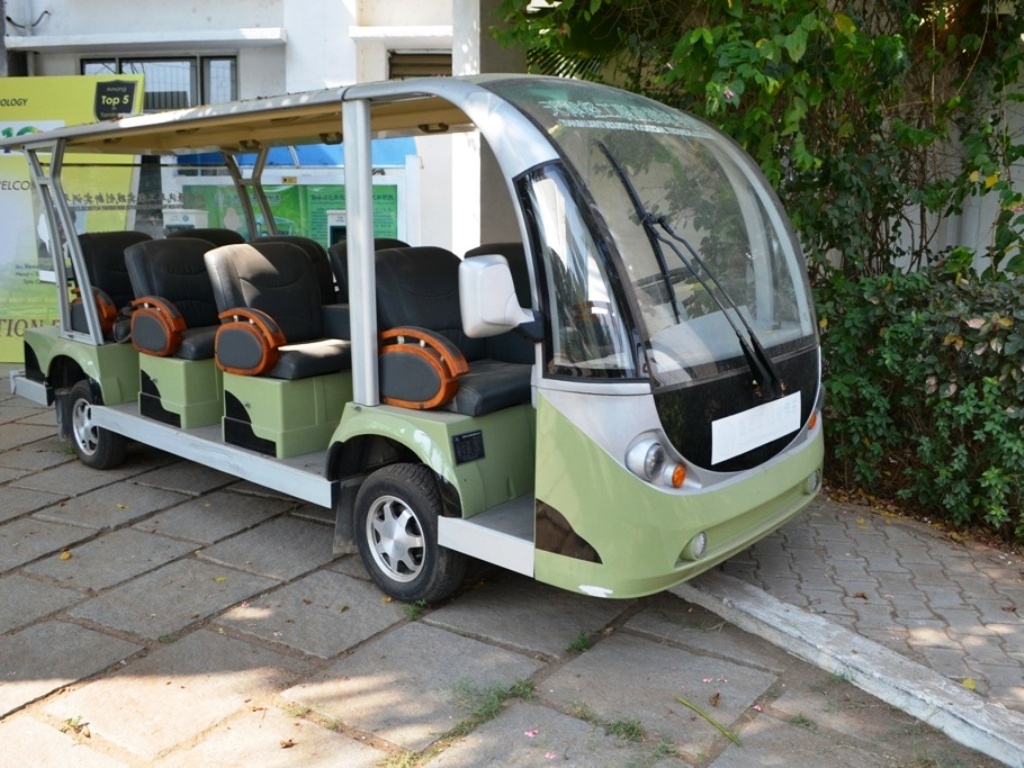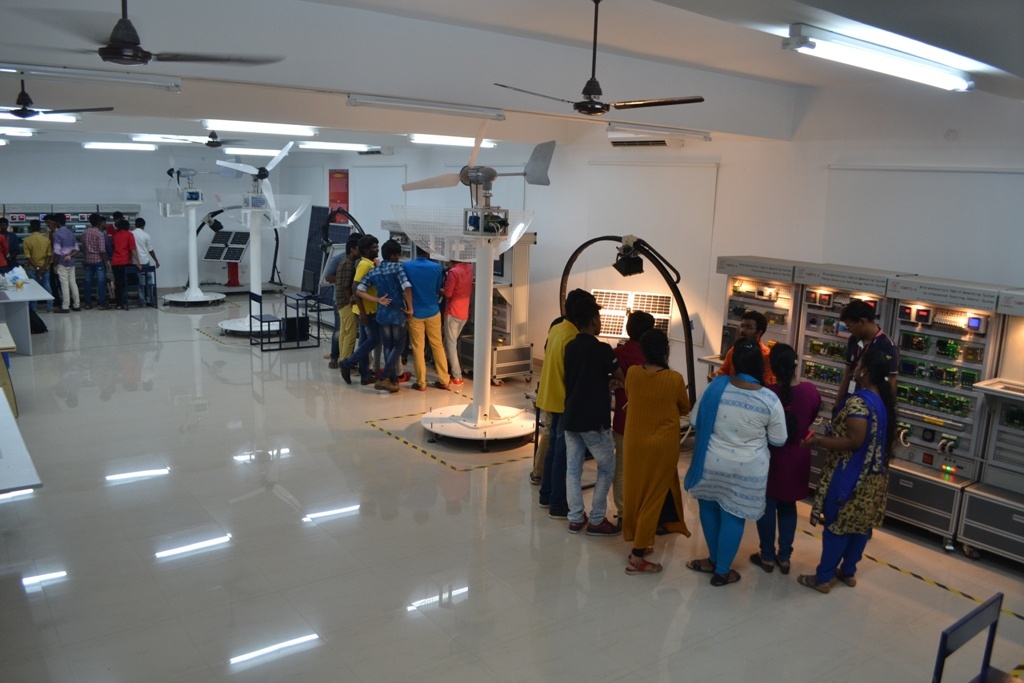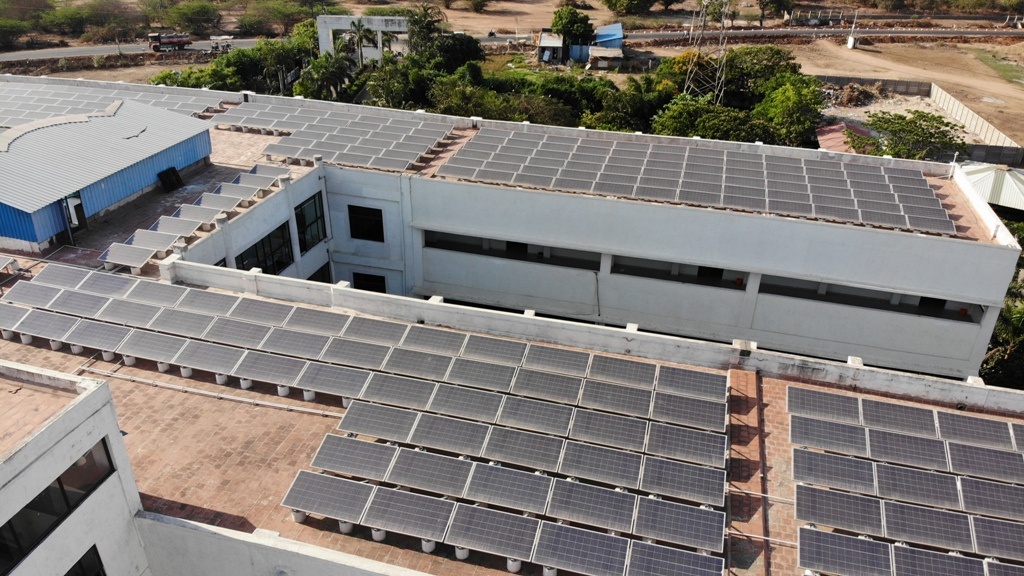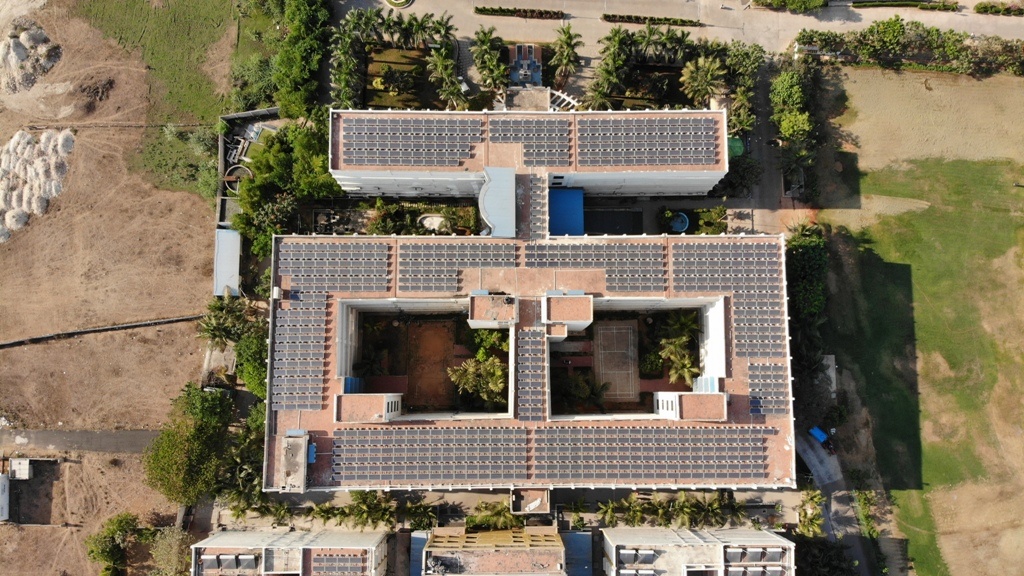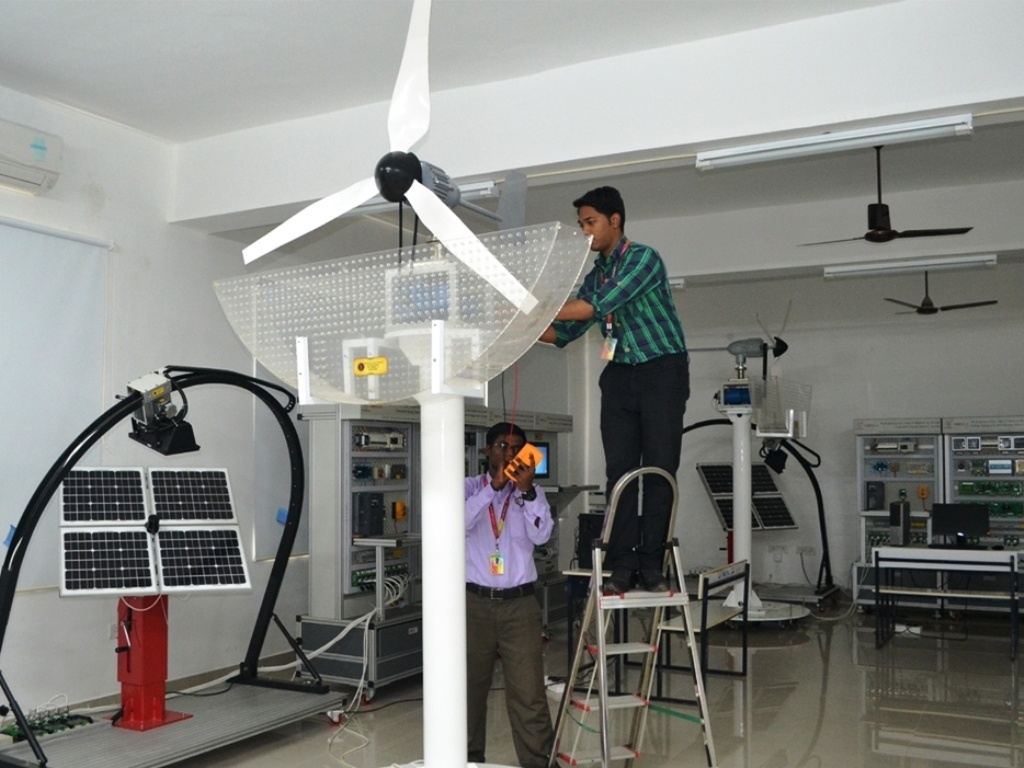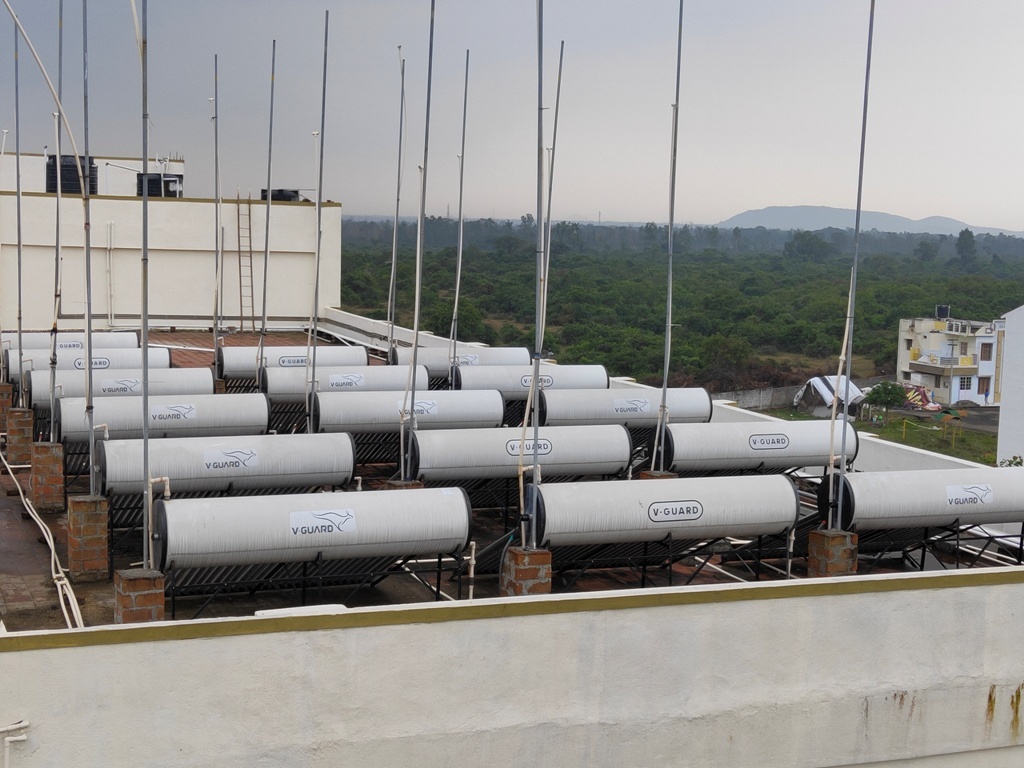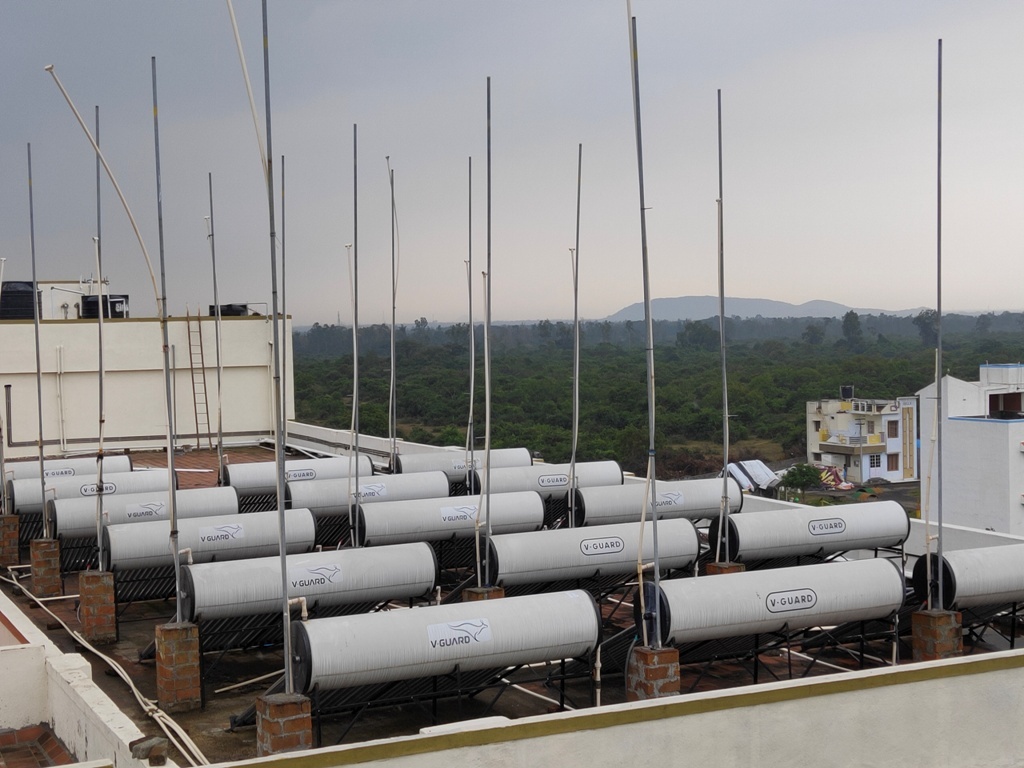Electric power plants are one of the primary consumers of imported fossil fuels, however there has been growing public awareness that increasing the share of electricity generated by renewable energy resources is an invaluable way to increase energy security and supply while reducing environmental risks associated with the growing demand for electricity. The renewable energy resources are typically inexhaustible, environmentally benign, reusable and available domestically. For developing countries, these advantages are pivotal to maintain their development in a sustainable manner.
Solar energy is one of the most reliable, mature, and common forms of renewable energy for electricity production. Recent economic and technical advances have made solar technologies increasingly attractive. The installed price of solar energy has dropped by as much as 50% since 2010. Despite substantial economic progress and anticipated cost parity with fossil fuels, renewable energy technologies have often been criticised for their low power densities, making them inappropriate for integrating into urban applications. The solar resource is highly region dependent, and annual direct solar irradiation in some regions is more than 100 W/m2.
Generating electricity by incorporating photovoltaic (PV) modules in new buildings or retrofitting them into existing buildings have emerged as feasible options, especially in the developed countries. One of the biggest advantages of solar PV is its capability for distributed power generation, and therefore offers a huge potential when scarcity of land is one of the limiting factors. This enables solar PV to be deployed on individual rooftops as “large resources of the area for the conversion of solar energy”. Moreover, having solar panels installed on roofs can create more self-sufficient users and reduce the need for additional power generating capacity in the future.








